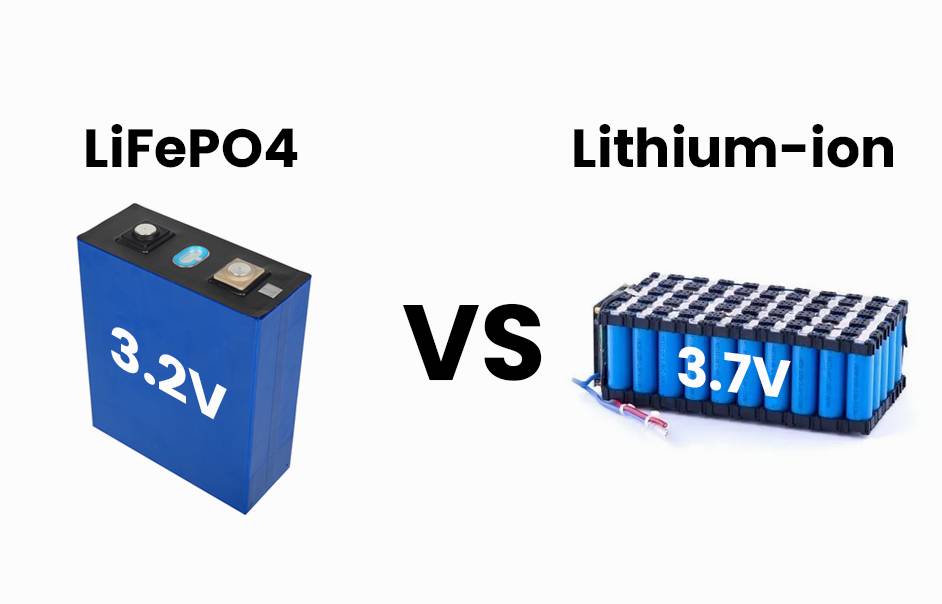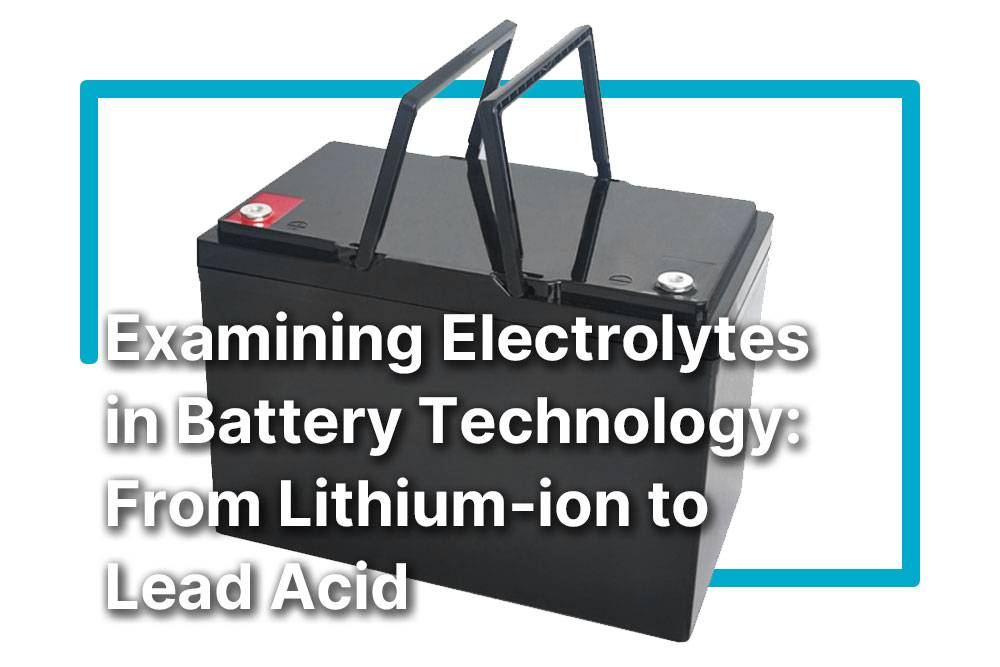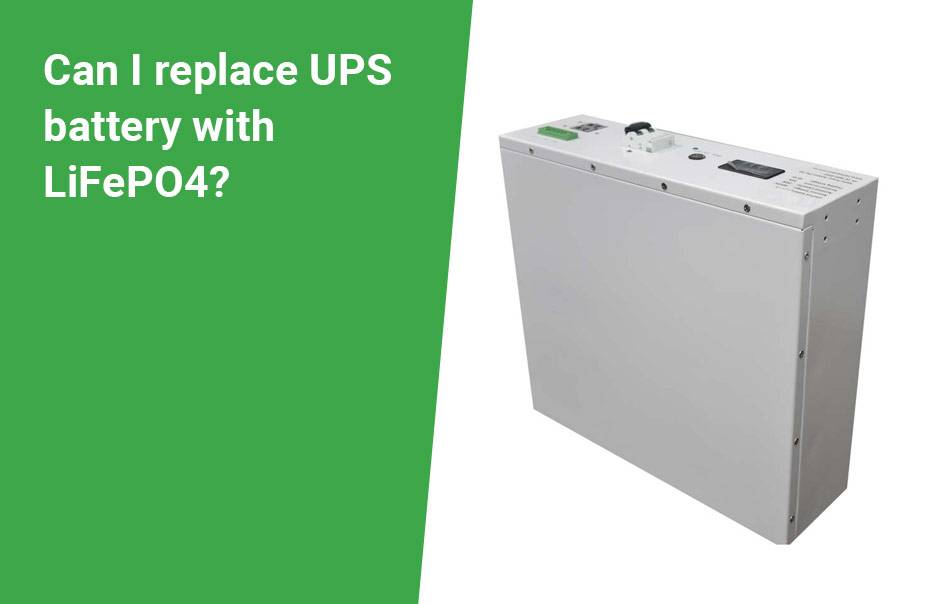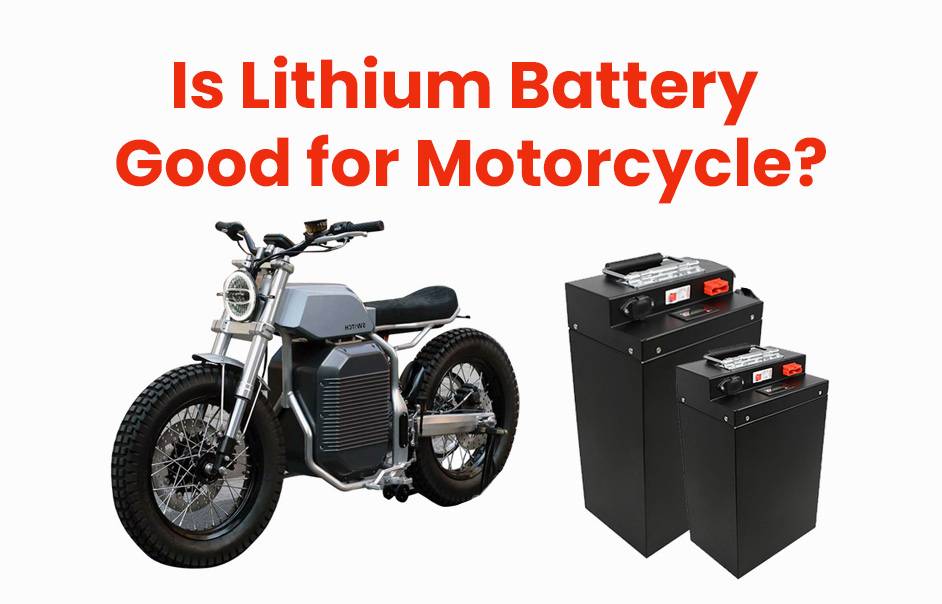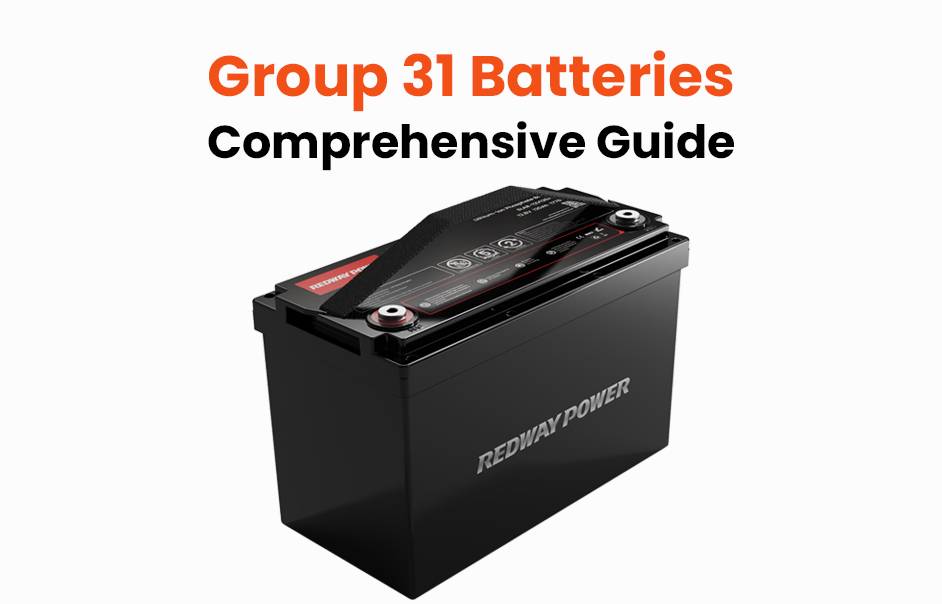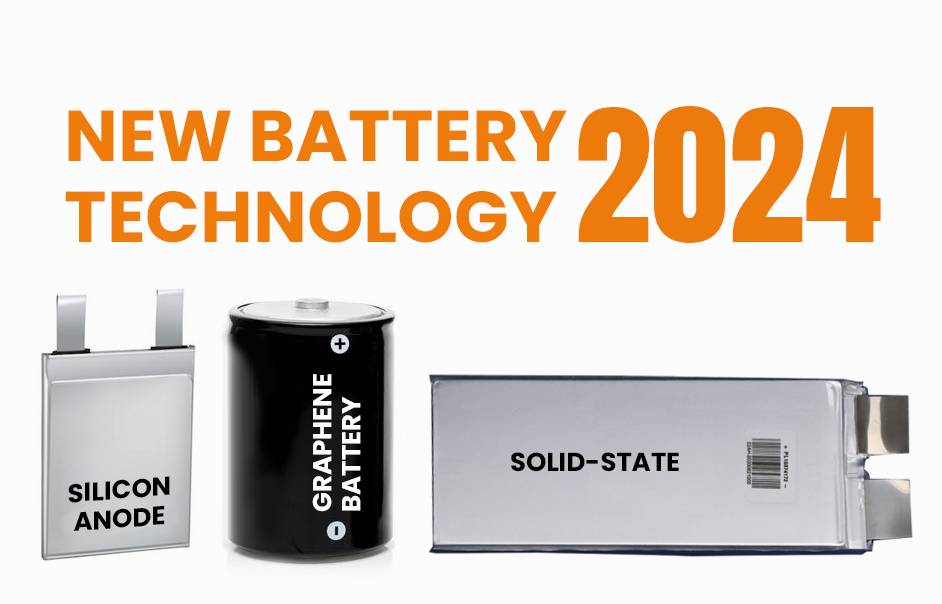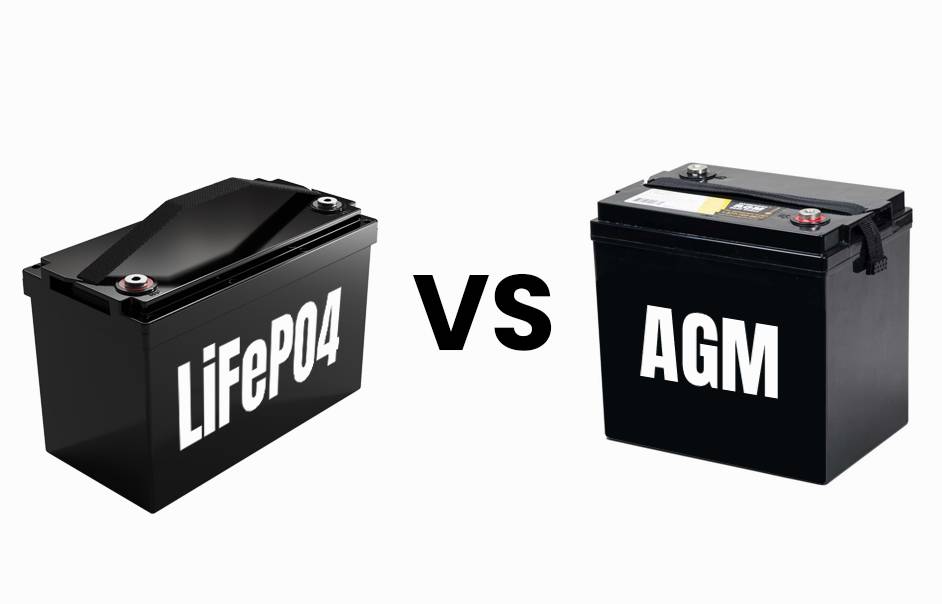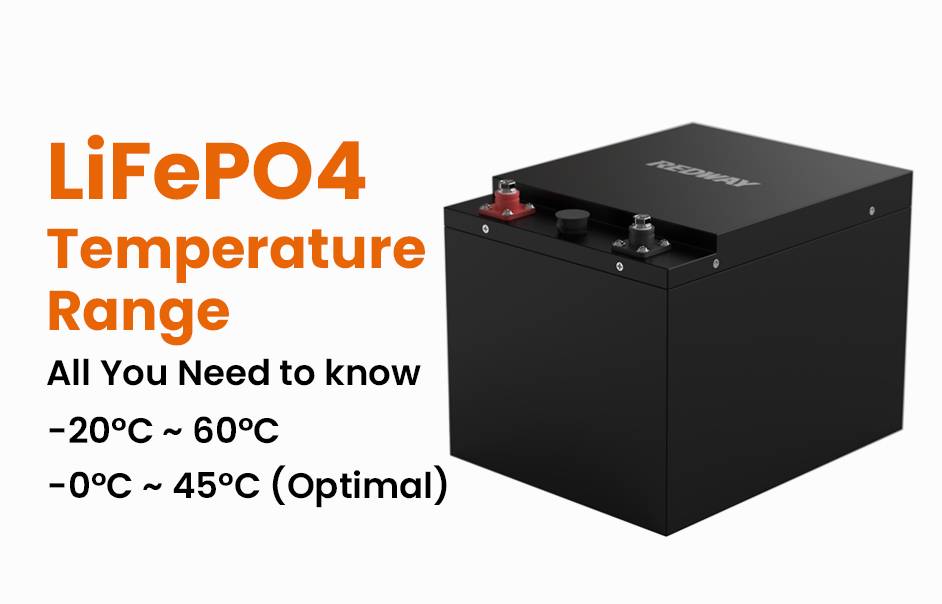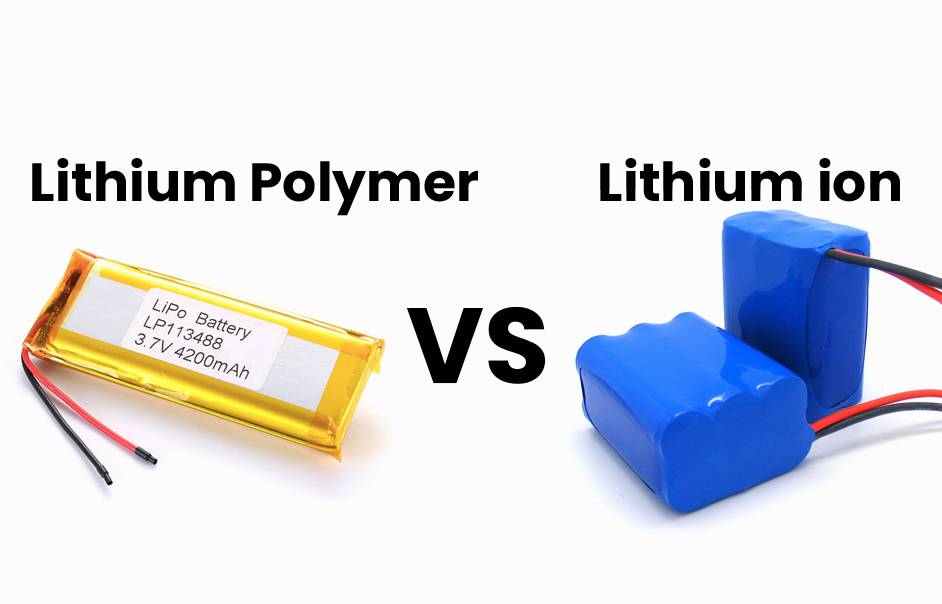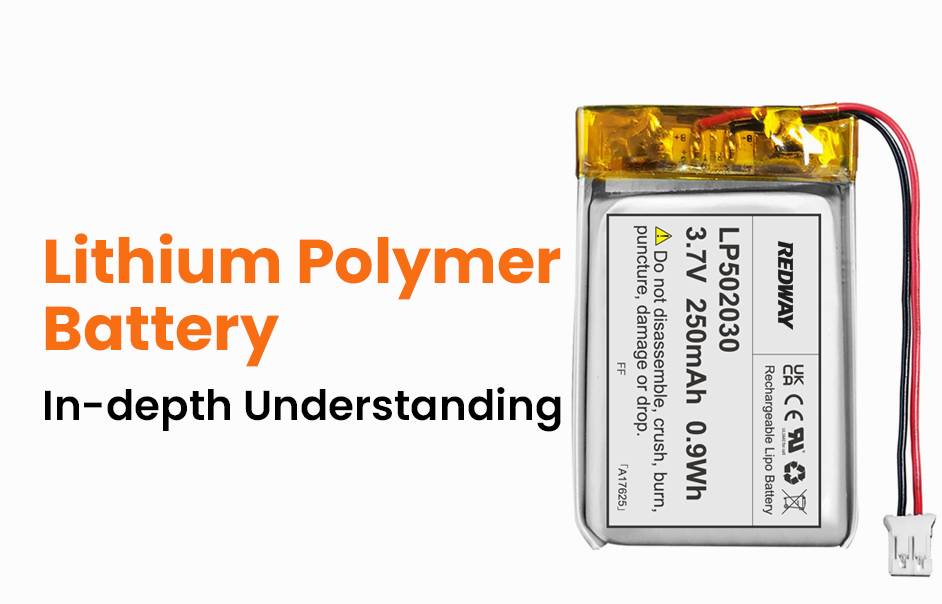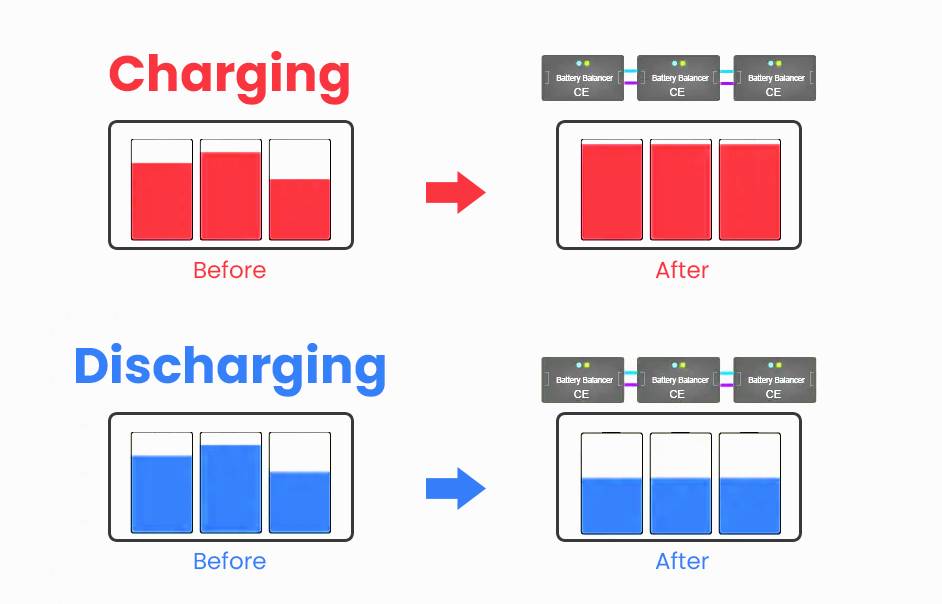Fed up with battery woes? In today’s fast-paced world, having a reliable and long-lasting battery is crucial. LiFePO4 and lithium-ion batteries are popular choices, but which is right for you? Our guide explores differences, advantages, applications, and the environmental impact. Buckle up for the ultimate showdown: LiFePO4 Battery vs Lithium-Ion Batteries! Power up with knowledge!
What are LiFePO4 and Lithium Ion Batteries?
LiFePO4 batteries, also known as lithium iron phosphate batteries, differ from traditional lithium-ion batteries in their stable chemical structure, providing enhanced safety, crucial for applications like electric vehicles. While LiFePO4 batteries have lower energy density, they compensate with higher power density and longer cycle life, delivering more power over shorter periods and enduring more charge-discharge cycles. Despite similarities in charging efficiency, understanding these chemistry and performance distinctions helps choose the right battery type for specific applications.
Differences between LiFePO4 and Lithium Ion Batteries
LiFePO4 and lithium-ion batteries differ significantly in their chemistry and applications. LiFePO4, known for stability and safety, suits electric vehicles with a longer cycle life. In contrast, lithium-ion batteries, common in electronics, offer high energy density but require safety measures. LiFePO4 batteries are costlier upfront but prove cost-effective over time. Both have environmental considerations – LiFePO4 lacks toxic metals but involves mining impact. The choice depends on factors like safety needs, budget, and sustainability goals for specific applications.
Advantages of LiFePO4 Batteries
LiFePO4 batteries excel in various aspects, making them a top choice for many applications.
- Extended Lifespan: LiFePO4 batteries last up to 10 times longer than traditional lead-acid batteries, ensuring cost-effectiveness over time.
- High Energy Density: These batteries store more energy in a smaller size, making them perfect for space-limited applications.
- Excellent Performance in Extreme Temperatures: LiFePO4 batteries operate efficiently across a wide range of temperatures, outperforming other chemistries.
- Inherent Safety: With lower risks of thermal runaway, overheating, or fires, LiFePO4 batteries prioritize safety.
- Fast Charging and High Discharge: These batteries boast faster charging rates and higher discharge currents, suitable for applications requiring quick charging and high power output.
In summary, LiFePO4 batteries offer longevity, energy efficiency, safety, and high performance, making them ideal for diverse applications and contributing to environmental sustainability.
Advantages of Lithium Ion Batteries
Lithium-ion batteries have become the top choice for electronic devices, offering compelling advantages in today’s fast-paced world.
Advantages of Lithium-ion Batteries:
- High Energy Density: Ideal for portable devices like smartphones and laptops, providing substantial energy storage in a compact, lightweight design.
- Impressive Charge Retention: Maintains charge well over time, making them suitable for backup power solutions or emergencies.
- Consistent Performance: Longer cycle life compared to other rechargeable options, enduring hundreds of charging cycles with proper care.
- Fast Charging Capabilities: Charges at higher currents, leading to shorter charging times for devices.
- Eco-friendly Profile: Lower toxicity levels in manufacturing processes and reduced greenhouse gas emissions during usage contribute to sustainability.
The undeniable benefits of lithium-ion technologies have made them essential components, revolutionizing industries globally, from powering smartphones to driving sustainable transportation solutions.
Applications for LiFePO4 and Lithium Ion Batteries
LiFePO4 and lithium-ion batteries have distinct applications where they excel, catering to specific needs.
Applications:
- LiFePO4 Batteries:
- Efficiently used in renewable energy systems for solar power storage, storing excess energy for nighttime use.
- Widely applied in electric vehicles (EVs) due to high power density and a long cycle life.
- Lithium-Ion Batteries:
- Dominant in consumer electronics like smartphones, laptops, tablets, and smartwatches, offering lightweight and powerful performance.
- Extensively utilized in hybrid vehicles and portable medical devices such as pacemakers.
- Overlapping Applications:
- Both battery types commonly power drones, electric bicycles, and power tools, benefiting from their compact size, light weight, and excellent discharge rates.
The choice between LiFePO4 and lithium-ion batteries depends on specific application requirements. Understanding their unique advantages empowers consumers to make informed decisions based on their needs.
Cost Comparison between LiFePO4 and Lithium Ion Batteries
When comparing the cost of LiFePO4 and lithium-ion batteries, several factors influence the price, and both come with unique considerations.
Cost Factors:
- LiFePO4 Batteries:
- Initially more expensive due to durable materials like iron phosphate, carbon electrodes, and a non-toxic electrolyte.
- Known for long-term durability, making them cost-effective over their lifespan.
- Lithium-Ion Batteries:
- Lower initial cost but may require more frequent replacements, potentially leading to higher overall lifetime costs.
- Cost-effectiveness depends on specific applications and usage requirements.
It’s essential to evaluate specific needs and budget constraints when comparing the costs of LiFePO4 and lithium-ion batteries, ensuring an informed decision based on your requirements.
Environmental Impact of Both Battery Types
When assessing the environmental impact of LiFePO4 and Lithium-Ion batteries, it’s essential to weigh the pros and cons associated with each type.
Environmental Impact:
- LiFePO4 Batteries:
- More environmentally friendly compared to traditional lithium-ion batteries.
- Lack toxic materials like lead or cadmium, reducing the risk of soil and water contamination.
- Longer lifespan results in fewer replacements, minimizing waste and raw material extraction.
- Easier recyclability due to simpler composition.
- Lithium-Ion Batteries:
- Require careful disposal due to potential hazards.
- Contain toxic chemicals like cobalt, nickel, and manganese, posing environmental risks.
- Demand proper handling during manufacturing and disposal processes.
While both battery types impact the environment, LiFePO4 emerges as a greener option with lower toxicity levels and easier recyclability. The choice should align with specific needs and priorities, emphasizing environmental considerations for a sustainable decision-making process.
Conclusion: Which Battery is Right for
Whether you prioritize safety, longevity, and stable performance with LiFePO4, or if you lean towards energy density, portability, and versatility with Lithium Ion, the right choice depends on your unique use case. Stay informed, weigh the pros and cons, and choose the battery technology that aligns with your preferences and requirements. As battery technologies continue to advance, the perfect solution for you might be just around the corner.

